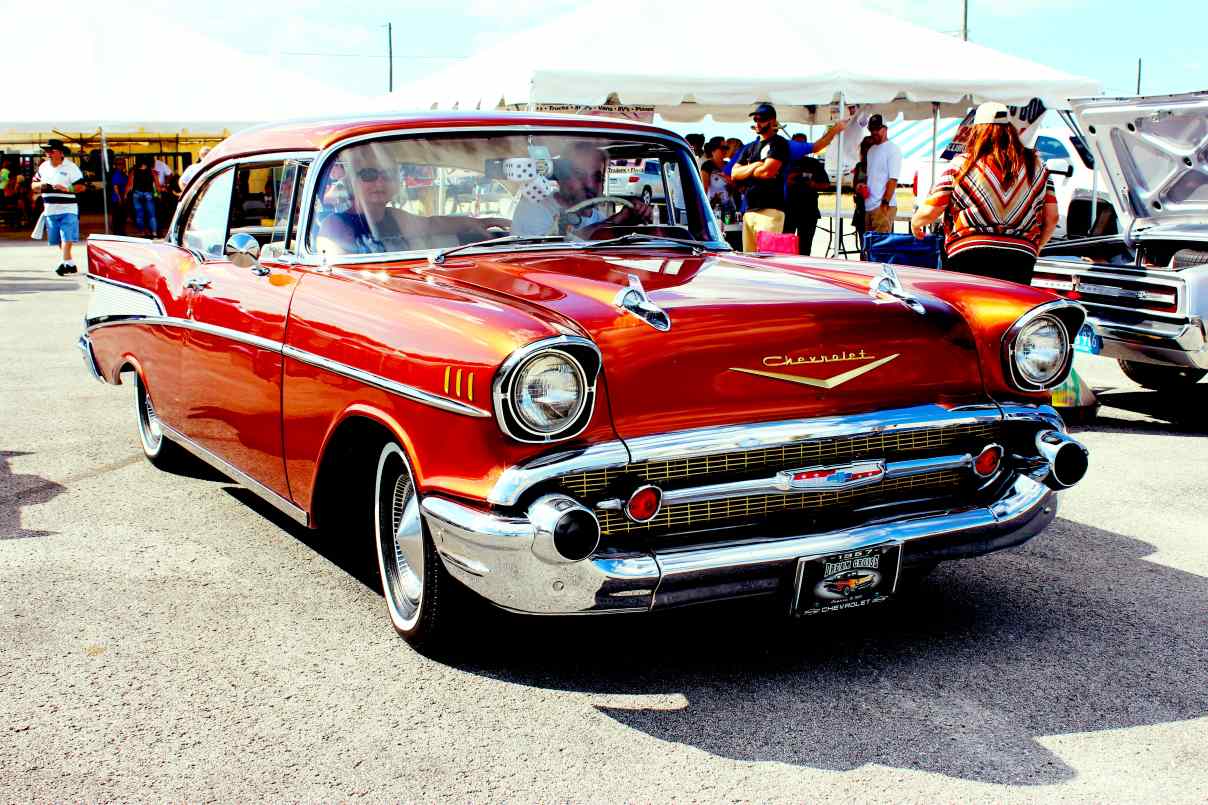Restoring a classic car is a passion for many automotive enthusiasts and classic car owners. It allows them to breathe new life into a piece of automotive history, relishing the nostalgia and craftsmanship of bygone eras. However, before embarking on a restoration journey, it is essential to consider both the advantages and challenges that come with the territory. The same thing if you’re a car owner and a property owner that is interested in a Lot for Sale in Cavite.
In this blog, we will explore the world of classic car restoration, unveiling the remarkable advantages and potential drawbacks that await those who embark on this nostalgic and rewarding path. Whether you’re a seasoned enthusiast or someone considering their first restoration project, join us as we delve into the captivating world of breathing new life into these automotive time capsules.
Benefits of Restoring Classic Cars
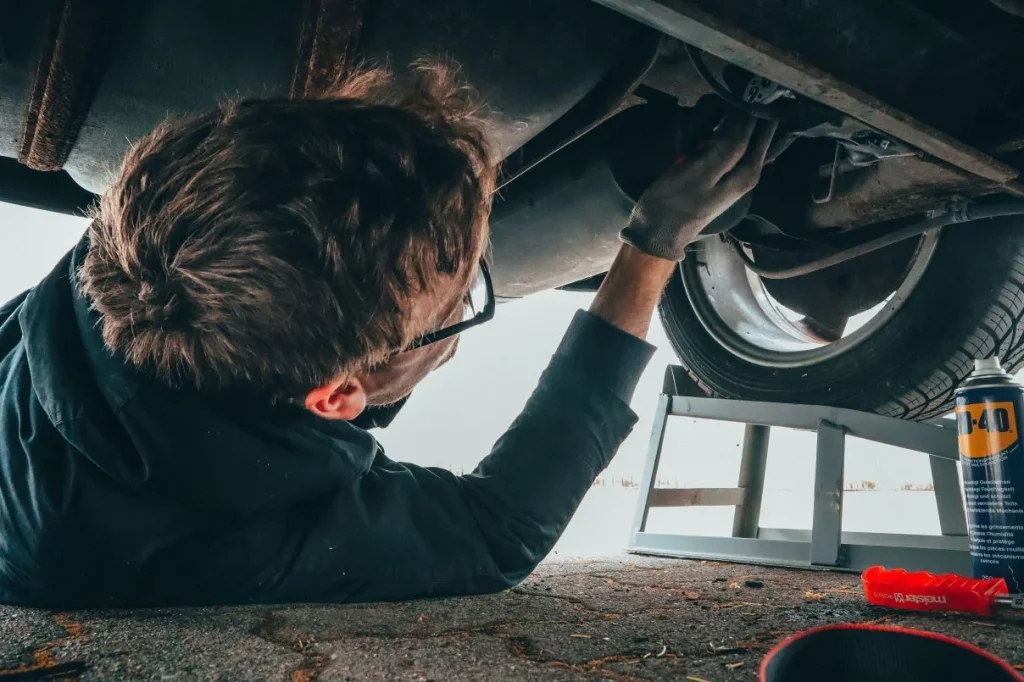
Preserving Automotive Heritage
Classic cars hold significant historical and cultural value. By restoring them, owners contribute to preserving a piece of automotive heritage for future generations to appreciate and admire.
Personalization and Customization
Restoring classic cars gives owners the opportunity to customize and personalize their vehicles according to their tastes. From selecting the perfect color to modifying performance features, the restoration process allows for creative expression and individuality.
Pride of Ownership
Owning a restored classic car instills a sense of pride and accomplishment. The time, effort, and dedication required for restoration create a deep connection between the owner and the vehicle, leading to a rewarding and fulfilling experience.
Drawbacks of Restoring Classic Cars
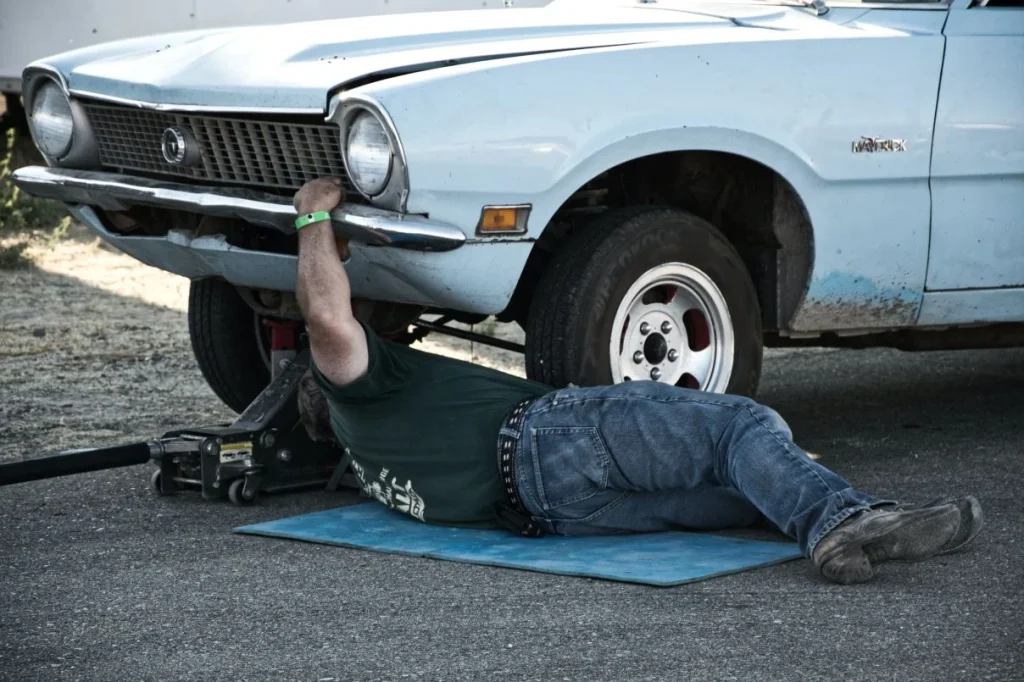
Time and Effort
Car restoration is a labor-intensive process that demands significant time and effort. From sourcing original parts to performing meticulous repairs, the restoration journey can be time-consuming and may require specialized knowledge and skills.
Financial Investment
Restoring a classic car can be costly. Expenses include purchasing the vehicle, acquiring parts, hiring professional assistance if needed, and investing in tools and equipment. It is crucial to establish a budget and be prepared for unexpected expenses.
Maintenance Challenges
Vintage cars often require frequent and specialized maintenance. Finding suitable replacement parts and addressing issues unique to older vehicles can be more challenging compared to modern cars. Owning a classic car requires a commitment to ongoing maintenance and finding reliable mechanics with experience in working with vintage vehicles.
Can You Restore A Rusted Classic Car?
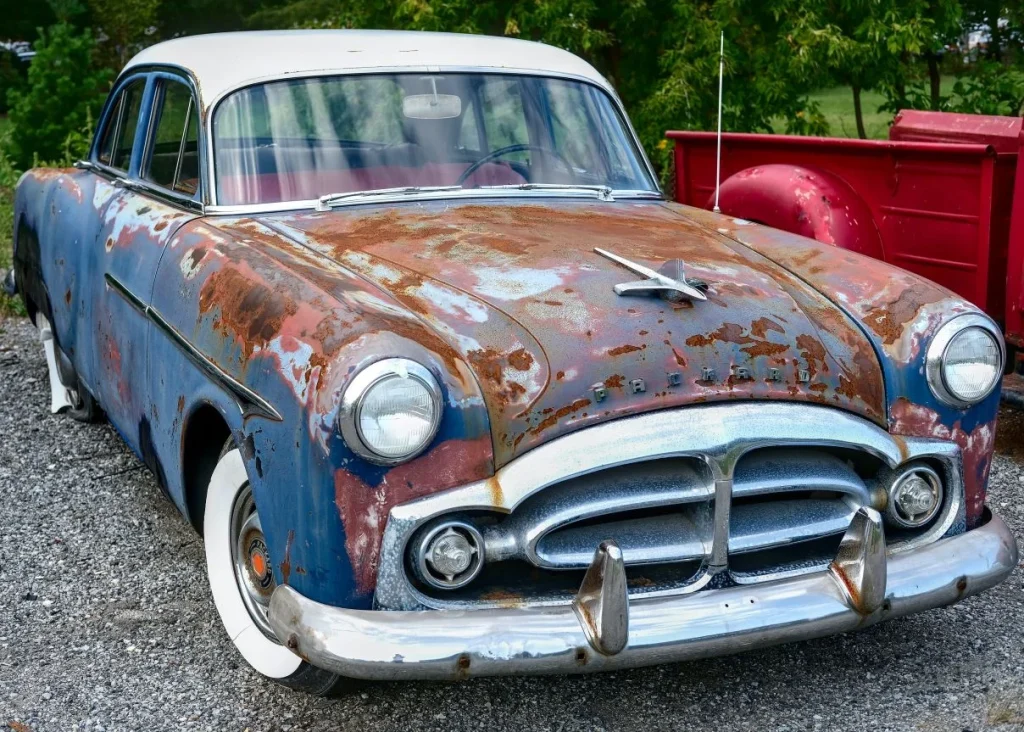
Definitely yes! While restoring a rusted classic car may seem like an overwhelming task, it is indeed possible to bring back its former glory. There are a lot of classic car restoration shops that can help you make your rusted car get back to its quality shape. With dedication, perseverance, and a passion for preservation, restoring a rusted classic car can be an immensely rewarding and transformative experience. With the right knowledge, skills, and resources. The restoration process involves assessing the extent of rust damage and the overall condition of the vehicle.
How To Restore Your Own Classic Car?
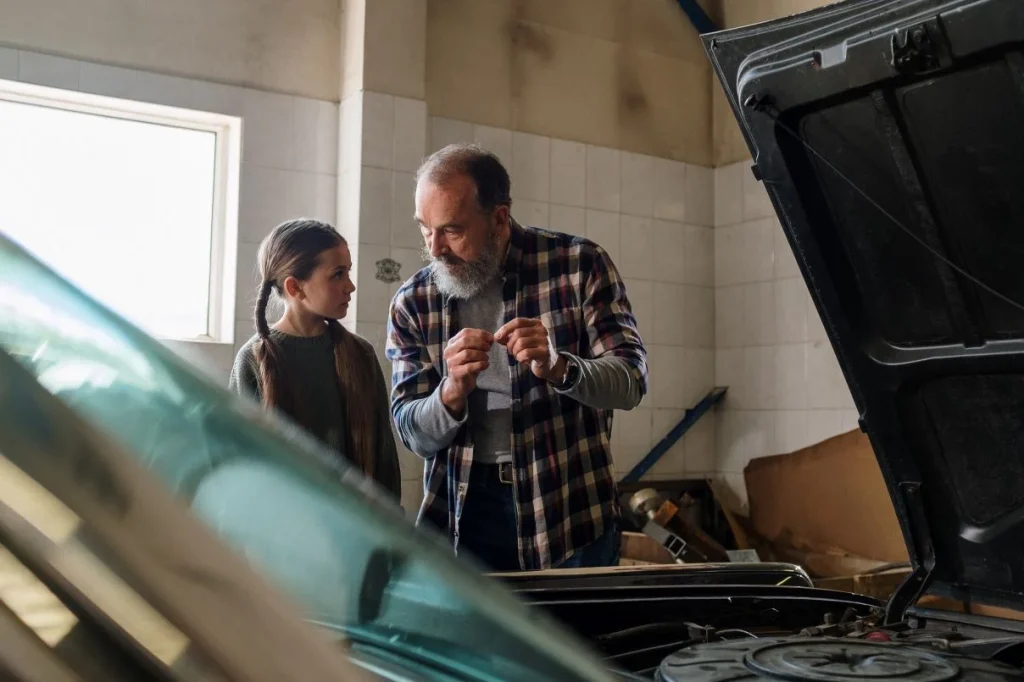
Restoring a classic car is a labor of love that allows you to revive a piece of automotive history. While the task may seem daunting, embarking on the journey of restoring your own classic car can be an incredibly rewarding and empowering experience. With the right mindset, knowledge, and a step-by-step approach, you can turn your dream of restoring a classic car into a reality.
Set Clear Goals and Budget
Before diving into the restoration process, define your goals and establish a realistic budget since bringing your car back to its good condition cost a lot of price. Determine the level of restoration you aim to achieve, whether it’s a full frame-off restoration or a partial restoration, and set financial boundaries. This will help you stay focused and make informed decisions throughout the process.
Research and Educate Yourself
Take the time to research and educate yourself about the specific make and model of your classic car. Watch videos or tips on different platforms to understand its history, unique features, and common issues. Join online forums, consult repair manuals, and reach out to fellow enthusiasts for advice and guidance. The more knowledge you acquire, the better equipped you’ll be to tackle the restoration project.
Create a Detailed Plan
Develop a comprehensive plan that outlines the sequence of tasks and milestones to guide your restoration journey. Break down the project into smaller, manageable steps, such as disassembling, documenting, and organizing parts, addressing mechanical issues, bodywork, painting, and interior restoration. Having a clear plan will help you stay organized and motivated.
Assemble the Right Tools and Equipment
Invest in quality tools and equipment specific to your restoration needs. This may include basic hand tools, power tools, a paint sprayer, a compressor, welding equipment, and more. Having the right tools not only makes the restoration process smoother but also ensures the quality of your work.
Seek Professional Assistance when Needed
While the goal is to restore the car on your own, there may be certain tasks that require professional expertise. Don’t hesitate to seek assistance from experienced mechanics, bodywork specialists, or upholstery professionals for complex or specialized tasks. Their expertise can help ensure the integrity and safety of your restoration.
Take Time for Patience and Precision
Restoring a classic car is a labor-intensive process that demands patience and precision. Avoid rushing through the restoration; instead, take the time to do things right. Pay attention to detail, document your progress, and maintain a meticulous approach. This will result in a high-quality restoration that stands the test of time.
Enjoy the Journey
While the end goal is a beautifully restored classic car, remember to enjoy the journey itself. Restoring your own classic car is not only about the destination but also the personal growth and satisfaction that come from the process.
Is It Hard to Maintain a Vintage Car?
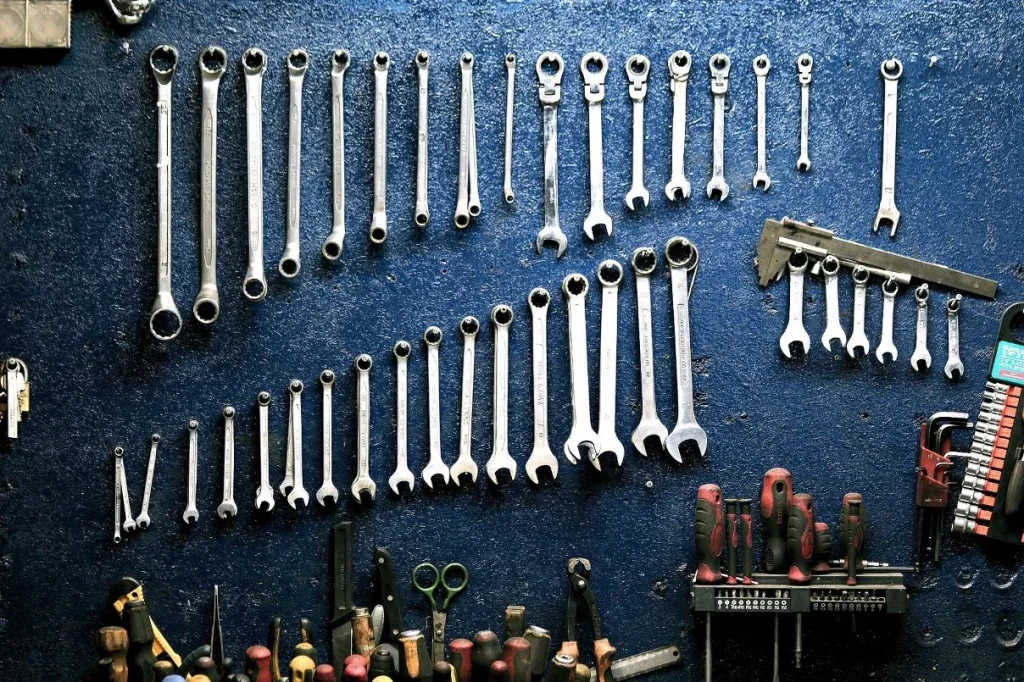
The maintenance of vintage cars poses unique challenges that require careful consideration. There are difficulties associated with maintaining a vintage car and shed light on the rewards that come with this passion.
Specialized Knowledge and Skills
Keeping a vintage car in good working condition requires a certain level of specialized knowledge and skills. Unlike modern vehicles, vintage cars often have outdated systems, unique parts, and mechanical systems that may not be familiar to most mechanics. This necessitates finding knowledgeable professionals who understand the intricacies of older models and have experience working on them.
Availability of Replacement Parts
Finding the right kind of replacement parts for vintage cars can be a daunting task. Many original parts may no longer be in production, and their availability may be limited to salvage yards or specialty suppliers. Sourcing authentic components that match the car’s original specifications can be time-consuming and expensive. Owners may need to rely on a network of enthusiasts, online communities, and vintage car clubs to locate rare parts.
Maintenance and Upkeep
Vintage cars often require more frequent maintenance and care compared to their modern counterparts. The aging process affects various aspects, including the engine, transmission, suspension, and electrical systems. Regular maintenance, such as fixing the dirt build-up, minor rust spots, and brake fluid, checking the engine, and adding quality lubricant is crucial to ensure optimal performance and prevent issues. Addressing rust, which can be common in older vehicles, requires diligent inspection, treatment, and restoration to protect the car’s integrity.
Cost Considerations
Maintaining a vintage car can be financially demanding. The scarcity of parts and the need for specialized expertise can drive up repair costs. Additionally, the potential for unexpected issues arising due to the vehicle’s age and wear can add to the expenses. Restoring or refurbishing a vintage car to its original condition can also be a significant investment, requiring careful budgeting and planning.
Time and Dedication
Owners of vintage cars must be prepared to invest time and dedication into their maintenance. Regular inspections, troubleshooting, and addressing issues promptly are essential to prevent further damage and preserve the car’s value. Moreover, restoring and maintaining a vintage car often involves a labor-intensive process that may require patience and perseverance.
Rewards
Despite the challenges, the rewards of owning and having your car restored are undeniable. The pride of ownership, the fun, and the pleasure of driving a classic vehicle, and the admiration it garners from fellow enthusiasts create a unique and fulfilling experience. Vintage cars possess a character and charm that cannot be replicated by modern automobiles, making them true pieces of rolling history.
Here are also some basic things that would prolong your Classic Car’s fresh state:
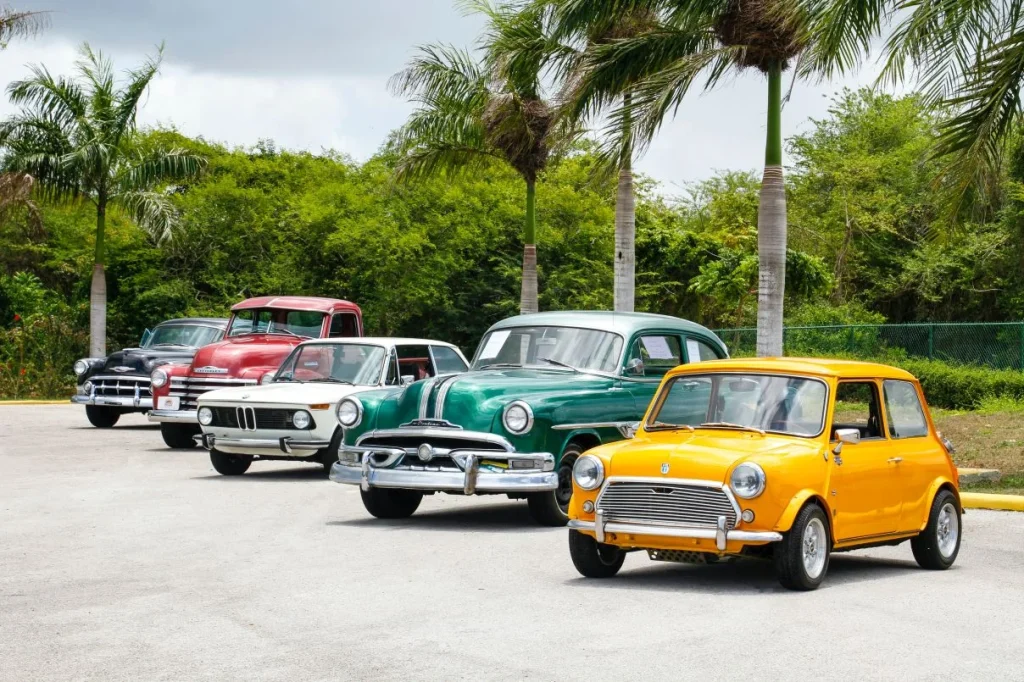
Avoid leaving your car under direct sunlight. Direct sunlight will cause damage to the clear coat which would lead to fading of color, and heat damage, which could ruin your original paint coat.
Long-term storage. Cars are meant to be driven. One of the problems that it could face is (1) battery discharge, (2) fluid degradation, (3) tire damage, (4) Moisture and Corrosion, (5) stagnant fluid circulation, and (6) deterioration of materials.
Classic Car Owner Should Consider Classic Car Restoration Shops
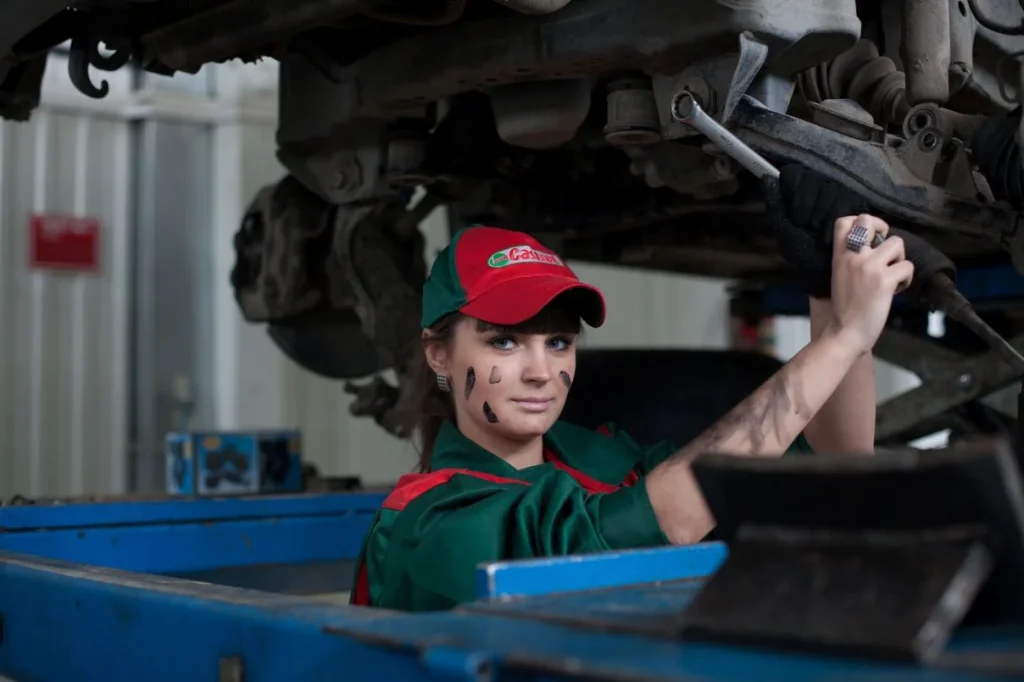
Just because you are a car enthusiast does not automatically mean you know your way around the mechanical side of it. So, when planning on restoring your classic car, a classic car owner can always consider consulting car restoration shops. There are several reasons why considering a classic car restoration has its advantages, one being: they know what they are doing. You can always study what they are doing or be involved when restoring your classic car.
Restoring a classic car can be a fulfilling endeavor, enabling owners to relish the timeless appeal of vintage automobiles. However, it is essential to consider the commitment of time, effort, and financial resources required for a successful restoration. With proper maintenance and taking care a restored classic car can become a prized possession, bridging the gap between automotive history and the present day.
Related Blog: All the Things You Need to Know About Collectibles


